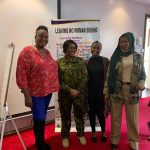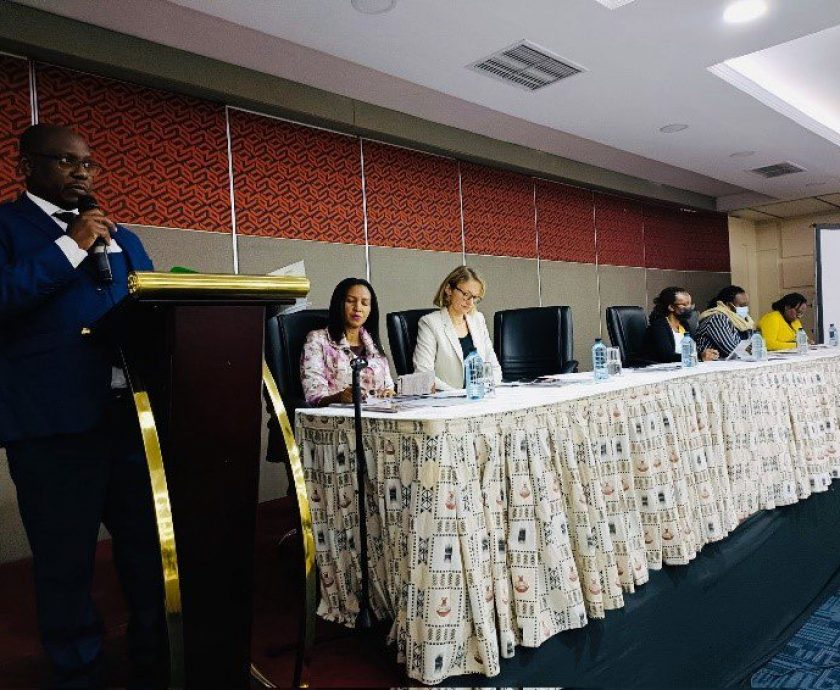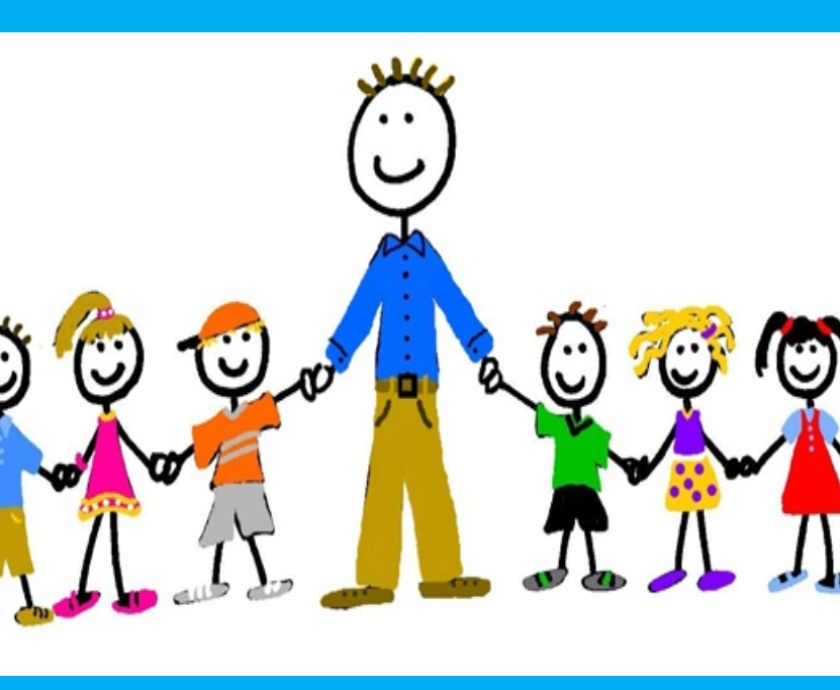
Kibera, Africa’s sprawling home of dreams and hardships, an unyielding spirit of resilience blooms amidst the corrugated iron sheets that shield dreams from the harsh realities outside. This vibrant slum, the largest in Africa, is home to a life that weaves together the hopes and struggles of hundreds of thousands. Among the countless threads of existence that intersect here, the stories of women stand out, both in their quiet battles and in the blossoming courage they display.
Within these homes, where bed sheets double as walls, an unspoken challenge unites women. A challenge faced not just by them, but by their daughters too. In the embrace of these iron-sheeted homes, women hold the secrets of survival. Odd jobs offer little more than a meager wage, a hundred and fifty Kenyan shillings, just enough to put food and water in their bellies. There is never space for the luxury of sanitary towels in these equations of survival, and so, a delicate dance of adaptation unfolds.
Mothers, steadfast in love, resort to using rags and cotton to protect their dignity and that of their daughters. But in the darkest corners, desperation forces some into unimaginable choices, where dignity is sacrificed for the promise of a few coins. As the moon takes its course through the sky, teenage girls face a different kind of confinement. The shame society bestows upon menstruation holds them hostage in the dimness of their homes. School, a sanctuary of learning, turns into an arena of embarrassment, leading them to trade education for secrecy.
Yet, even in the shadows of this struggle, a glimmer of hope arises. The government’s initiative to provide sanitary towels to schoolgirls acknowledges the need for change, but an unforeseen dilemma presents itself. Low-quality pads are currently finding their way to schools, causing discomfort and infections. The very solution that was meant to lift the veil of shame becomes a source of it. Girls become pawns in a larger narrative, bearing the burden of a flawed Kenyan political system.
Polycom Girls, nestled within the heart of Kibera, observes a pattern that tugs at their hearts. The silence of missing school days speaks volumes, and through earnest inquiry, the truth is unveiled. Girls are caught in the web of period shame and economic scarcity, robbed of their right to education. With a steadfast spirit, Polycom chose to step in, choosing action over apathy.
Initially, they act as providers, purchasing pads for these brave young souls. But the need is vast, and so they evolve, becoming creators in their own right. Kibera Pads CO was born, an endeavor that employs the hands and hearts of survivors. Eight women and two men, survivors of gender-based violence, find solace within these walls. Here, they stitch together more than mere pads; they weave threads of empowerment and renewal, creating a beautiful, cotton wingless pad.

Every month, more than 2,000 pads are brought into existence, the tangible embodiment of care and consideration. Within the gentle folds of these pads lies more than just absorbent material; they are a symbol of courage, a reminder that no one should be held captive by their biology. Kibera Pads CO provides not only an income but a haven for those who seek to heal from past wounds.



And so, the once-silenced footfalls of girls now echo with purpose. Their heads held high, they stride towards Polycom, each a testament to resilience. Within the small purple packages containing 10 pieces, they receive the power to transform their lives. No longer imprisoned by shame, they march back to school, their education no longer a casualty of silence.
As the days unfurl, so do the stories of triumph. Academic strides replace absent marks on attendance sheets. Dreams of a brighter future gain momentum, turning into tangible realities. Some graduate and return as champions of their own stories, through Polycom’s guidance. These girls become beacons of inspiration even for their parents, their stories painting a brighter, more hopeful future for Kibera and an example for a country to learn from.




